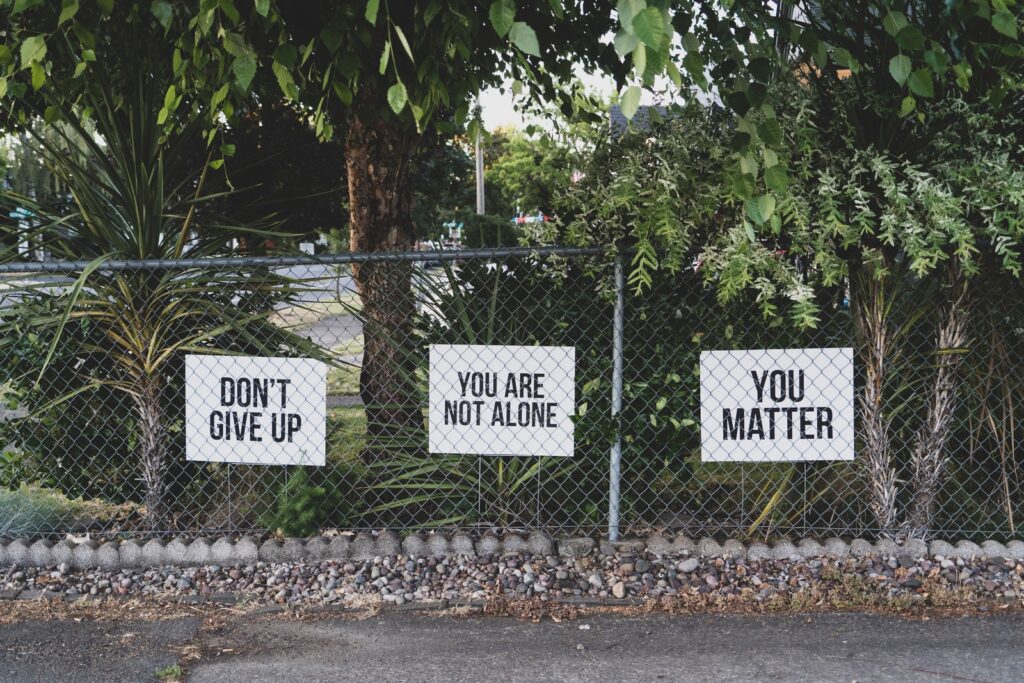
The final lesson of this course focuses on the social implications of psychotic experiences. It addresses the prejudice, discrimination, and social exclusion faced by individuals with mental health problems. The lesson emphasises the importance of challenging stereotypes, fighting against stigma, and advocating for change. It encourages readers to join organizations that work towards eliminating discrimination and fostering understanding.
Challenging Stereotypes and Stigma
In the journey of understanding psychotic experiences, it is crucial to address the social implications that individuals with mental health problems face. This lesson sheds light on the prejudice, discrimination, and social exclusion experienced by those who have encountered psychotic episodes. It emphasises the importance of challenging stereotypes, fighting against stigma, and advocating for change in our society.
Mental health stigma can be insidious, perpetuating harmful beliefs and misconceptions about individuals who have experienced psychosis. Such negative attitudes can lead to isolation, hinder recovery efforts, and limit opportunities for meaningful participation in society. People often feel unable to be open about their problems, in particular when applying for jobs. This means they don’t have the chance to change people’s misconceptions and challenge the taboos. When people have to conceal their problems this also reinforces a sense of shame. It is imperative that we confront these biases head-on and work towards creating a more inclusive environment.
The first step in challenging stereotypes is education. By increasing awareness about psychosis and debunking common myths surrounding mental health problems, we can foster a better understanding among the general public. Education empowers individuals to question preconceived notions and break free from societal biases.
We must also encourage open discussions about mental health in order to reduce the stigma associated with psychotic experiences. By sharing personal stories of resilience, recovery, and strength, we can humanise these experiences and inspire empathy within our communities. Honest conversations allow us to challenge misconceptions directly while providing hope for those struggling with their own mental health.
There are organisations such as Mind and their campaign against discrimination and stigma. These pressure groups are gradually changing attitudes in society. Joining a local group can also be a way of meeting other people who may share similar experiences and views.
Organisations dedicated to eradicating discrimination play a crucial role in dismantling societal barriers for individuals with mental health problems. By joining forces with such organisations or supporting their initiatives, we contribute to a collective effort towards positive change. These groups often provide resources for education, support networks for individuals affected by psychosis, as well as opportunities to advocate for improved policies surrounding mental health care.
Media representation also plays an essential role in reshaping societal perceptions of psychotic experiences. Media misinformation tends to reinforce negative stereotypes and myths, for instance, that people with mental health problems are violent. On the contrary, they are much more likely to be the victim of violence or more likely to harm themselves. When accurately portrayed in popular culture or news outlets without sensationalism or exaggeration, these depictions can help normalise conversations around mental health while challenging stereotypes that have been perpetuated for far too long. Responsible storytelling can bridge the gap between the general public and those who have experienced psychosis, fostering empathy and understanding.
Furthermore, involving individuals with lived experience in shaping mental health policies and services is crucial. Their perspectives bring authenticity and depth to discussions surrounding interventions, support systems, and access to care. Consulting those who have walked this challenging path can lead to more effective outcomes that address the unique needs of individuals with psychotic experiences.
In our quest for a society free from stigma, it is essential to remember that change starts at an individual level. By examining our own biases and assumptions, we can actively contribute towards creating a more inclusive environment for everyone. Small acts of kindness, empathy, and understanding can go a long way in dismantling the walls of stigma that surround mental health.
As we conclude this lesson on challenging stereotypes and stigma associated with psychotic experiences, let us remember that each one of us has the power to make a difference. By embracing compassion over judgment, knowledge over ignorance, and acceptance over prejudice, we pave the way for a society where individuals with mental health problems are treated with dignity and respect.
Understanding psychotic experiences requires not only an exploration of the internal struggles faced by individuals but also an examination of the societal barriers they encounter. By working together towards eliminating discrimination and fostering understanding, we can create a world where every voice is heard and every experience is valued.
